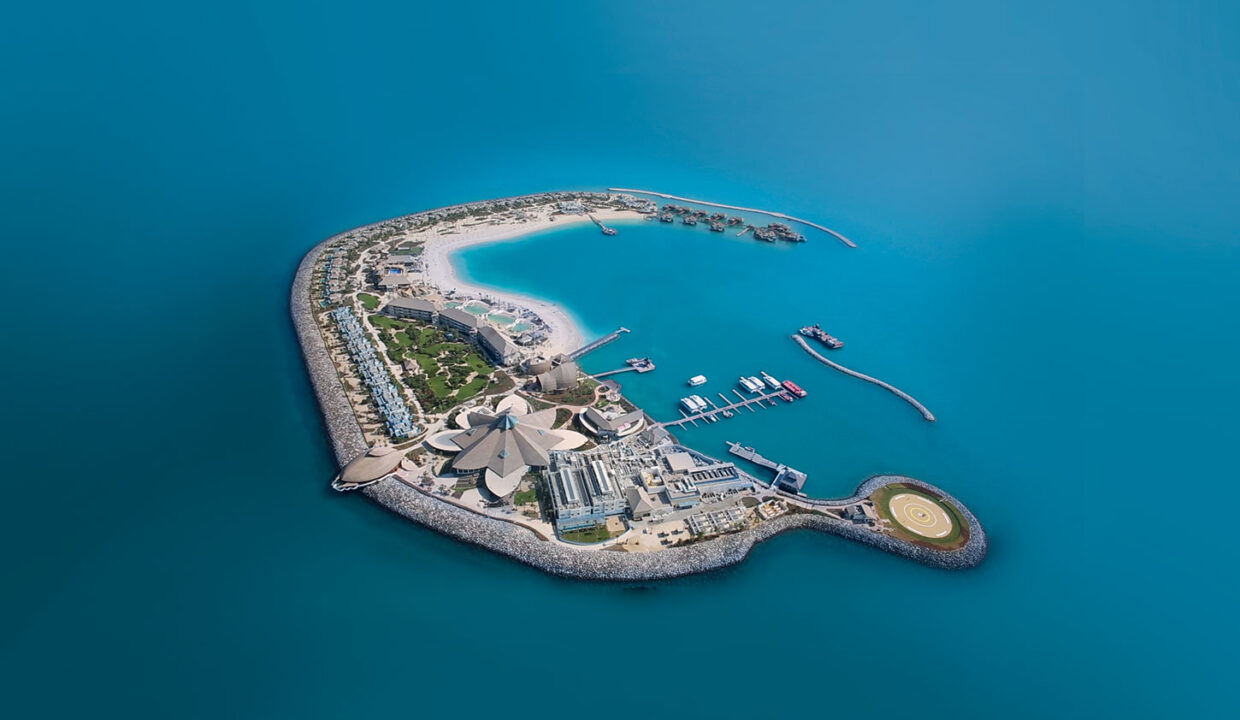The Rise of Nigeria’s Real Estate Market: A Booming Industry in a Growing Economy
Nigeria, a country on the verge of economic upheaval, is undergoing a real estate boom driven by a growing population, fast urbanization, and an expanding middle class. This dynamic sector has both obstacles and opportunities for investors, developers, and people looking to buy real estate in this growing country.
Key Drivers of Nigeria’s Real Estate Market
Population Growth and Urbanization: Nigeria’s population is rapidly increasing and urbanizing, driving demand for housing and commercial spaces.
Economic Growth and Diversification: Nigeria’s economy has experienced steady growth in recent years, fueled by sectors such as oil and gas, telecommunications, and agriculture. This economic expansion has fueled increased disposable income, enabling more Nigerians to invest in real estate.
Government Initiatives: The Nigerian government has implemented various policies and initiatives to stimulate the real estate market, including tax incentives for developers, affordable housing programs, and infrastructure development projects.
Changing Lifestyles and Preferences: The growing middle class in Nigeria is increasingly adopting modern lifestyles, leading to a demand for high-quality housing, modern amenities, and mixed-use developments that offer a range of services and conveniences.
Foreign Investment: Nigeria’s real estate market is attracting growing interest from foreign investors, who are drawn by the country’s economic potential and the opportunities for capital appreciation.
Investing in Nigeria’s Real Estate Market: Opportunities and Challenges
Investing in Nigeria’s real estate market can offer significant returns, but it’s essential to understand the potential challenges.
Opportunities:
- High Rental Yields: Nigeria’s strong rental market provides attractive returns for investors, particularly in urban areas with high demand.
- Capital Appreciation: Property values in Nigeria have historically appreciated at a healthy rate, offering the potential for significant capital gains.
- Diversification: Real estate can serve as a valuable asset class for diversifying investment portfolios, providing a hedge against inflation and other economic uncertainties.
Challenges:
Infrastructure Constraints: Inadequate infrastructure in some areas can pose challenges for development and accessibility, impacting property values and rental demand.
Regulatory Hurdles: Navigating Nigeria’s real estate market can be complex due to regulatory challenges, including land ownership issues, bureaucratic procedures, and varying local regulations.
Market Volatility: While the market offers growth potential, it can also be subject to fluctuations influenced by economic and political factors.
Partnering with Shagrify Properties for Real Estate Success in Nigeria

For those looking to navigate the complexities of Nigeria’s real estate market, partnering with a reputable firm like Shagrify Properties can be invaluable. With their expertise in land sales and acquisitions, residential and commercial property sales, hotel and shortlet bookings, and facilities management, Shagrify Properties can guide you through the intricacies of the market and help you make informed investment decisions.
Nigeria’s real estate market is a dynamic and evolving landscape, offering both exciting opportunities and unique challenges. By understanding the key drivers of the market and partnering with experienced professionals like Shagrify Properties, investors can navigate the complexities and capitalize on the growth potential of this burgeoning sector.




